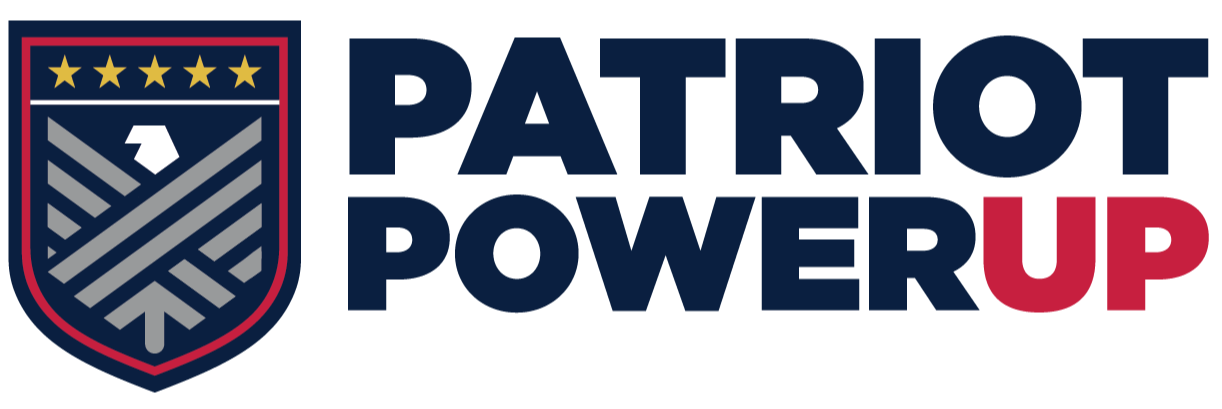Introduction
When a loved one returns from service and begins showing signs of anxiety, it can be difficult to know what to say or do. Families often want to help—but without the right tools, even well-meaning efforts can sometimes backfire.
The good news is that families can play a powerful, positive role in helping Veterans manage anxiety. This article offers practical ways to provide support, improve communication, and encourage healing.
Recognizing the Signs of Anxiety in Veterans
Family members are often the first to notice when something is off. Some common signs of anxiety include:
- Avoiding social settings or family gatherings.
- Appearing constantly tense or on edge.
- Having trouble sleeping or relaxing.
- Expressing irrational fears or worries.
- Reacting strongly to loud noises or crowded places.
- Withdrawing emotionally or becoming irritable.
Understanding these symptoms as potential signs of anxiety—not personal slights—is the first step into offering support.
Communication Tips That Build Trust
When a Veteran is struggling with anxiety, conversations can feel fragile. Here’s how to keep them grounded in empathy and respect:
- Listen without trying to fix: Sometimes, listening without jumping to solutions is the most supportive thing you can do.
- Use affirming language: Say things like, “You’re not alone,” or “It’s okay to feel this way.”
- Avoid minimizing their experience: Don’t say “just relax” or “you have nothing to worry about.”
- Respect boundaries: Give space when needed, but let them know you’re present.
- Ask how you can help: Every Veteran copes differently—let them guide what support looks like.
Encouraging Professional Help Without Pressure
Many Veterans hesitate to seek treatment due to stigma or mistrust. Families can:
- Normalize therapy and mental health care as a strength, not a weakness.
- Offer to help find a provider or attend an appointment together.
- Share stories of other Veterans who’ve benefited from support.
- Gently follow up if they’ve expressed interest but haven’t followed through.
If a loved one is in crisis, don’t wait—call 988 and press 1 for the Veterans Crisis Line.
Creating a Supportive Home Environment
Daily life can either increase or reduce stress. Families can:
- Create predictable routines and calm spaces.
- Be mindful of noise levels and triggers.
- Encourage healthy habits (sleep, nutrition, exercise).
- Involve them in shared tasks or decision-making to build connection.
- Celebrate small wins and moments of peace.
Even simple acts—like preparing a favorite meal or sharing quiet time—can be deeply grounding.
Family Support Programs and Resources
Several programs offer guidance, peer support, and tools for family members:
- VA Caregiver Support Program: Resources for spouses, parents, and caregivers.
- National Alliance on Mental Illness (NAMI) Family Support Groups
- Veterans Families United: Educational materials and helplines.
- Give an Hour: Free mental health care for Veterans and their families.
Connecting with others who’ve supported Veterans through anxiety can reduce isolation and offer hope.
FAQ: Supporting a Veteran with Anxiety
Q: What if my loved one won’t talk about their anxiety?
A: Stay available, show patience, and check in regularly without pushing. Let them know you’re there when they’re ready.
Q: Is it okay to set boundaries if their anxiety is affecting the family?
A: Yes. Supporting your loved one doesn’t mean neglecting your own needs. Healthy boundaries protect everyone.
Q: Can family therapy help?
A: Absolutely. Many VA and community providers offer family therapy as part of treatment plans.
Q: Should I bring up military experiences?
A: Only if they initiate the conversation. Let them set the pace and tone around service-related topics.
Patriot PowerUP Is Here to Help
Patriot PowerUP provides trusted, Veteran-focused support to promote mental and emotional wellness. If you’re struggling, our team is standing by to help support and guide you to a place to heal.
References
- U.S. Department of Veterans Affairs. Caregiver Support. https://www.caregiver.va.gov/
- National Center for PTSD. https://www.ptsd.va.gov/
- National Alliance on Mental Illness (NAMI). https://www.nami.org
- Veterans Families United. https://www.veteransfamiliesunited.org/
- Give an Hour. https://giveanhour.org/

